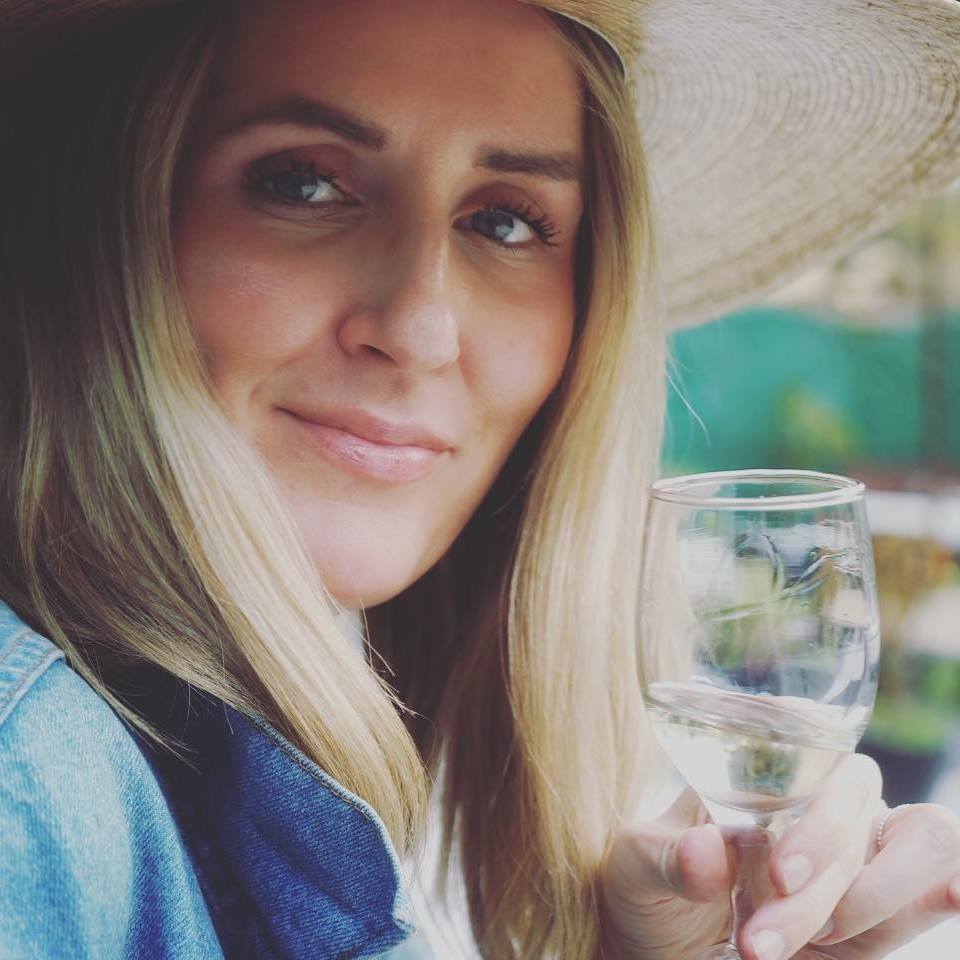By guest blogger Laura Milnes

A few years ago, my brother-in-law became an orthodox Christian. Overnight, he was foisting prayer at every family meal and proselytizing why “his God is the one true God.” Prior to his conversion, he was an atheist. He’s now a born-again virgin, hunting for a traditional wife.
My Father is a now retired pediatric dentist with a PhD in microbiology, who treated special needs and autistic children with dental surgery performed via IV sedation. He’s an avid gardener, tending to an acre of his own wild flowers, grasses, organic fruit and vegetables. He lives for nature photography, spending hours in his camouflage tent all to capture birds in the wild. He built a wooden kayak by hand. He is a staunch defender of science, yet he lives a holistic, borderline granola lifestyle.
The older I get, the more my life experience leads me to myriad realizations, many of which are at odds with one another. I’ve come to understand that conflicting beliefs not only exist at the same time – they need to. My orthodox brother-in-law calls this moral relativism. I call it reality.
My partner has a masters in counselling psychology and a degree in history. He’s a self-professed Jungian and a passionate pundit of geopolitics. He introduced me to Berkey water filters, Shilajit, and trace minerals – a litany of natural products you’d never find at your local bodega. Yet, we live in North America’s 4th biggest city – Toronto – dead centre amidst the chaos of downtown in a high-rise condo.
I routinely find myself thinking about change, and how it’s the only constant in life. But could there be two? What if hypocrisy was the other?
The older I get, the more my life experience leads me to myriad realizations, many of which are at odds with one another. I’ve come to understand that conflicting beliefs not only exist at the same time – they need to. My orthodox brother-in-law calls this moral relativism. I call it reality.
I’ve worked on all sides of the wine trade, from schilling big volume conventional brands to natural wine zealot. In recent years, I’ve become more of a moderate, preferring transparency over dogma. While my palate still favours natural wine – you can never really go backwards, after all – I no longer identify with the fault apologists or purity cult from which many flawed wines are born.
Society has lost the plot when the following statement is considered controversial: we need both liberalism and conservatism. Coin another term for it – collectivism vs individualism – and the argument remains the same: one cannot exist without the other. The same applies to wine.
In recent years, I’ve become more of a moderate, preferring transparency over dogma.
Conservatism – a set of beliefs affiliated with conventional wine, protecting tradition, rules, laws, and safety. We can appreciate natural wine while still understanding the need for oenology, much like we can espouse naturopathic approaches while also relying on modern medicine.
Liberalism represents creativity, tolerance, risk-taking and an emotional capacity for differing beliefs, now often equated with natural wine – styles made outside the “norm” in the form of cloudy orange wine, chilled reds, and sometimes volatile, undisgorged pet nat. It’s all meant to be fun and not so serious, so who cares that it’s a bit flawed? It’s a celebration of experimentation and pushing the needle forward – progress, really, is at the heart of liberalism – we don’t call them progressives for no reason.
Where liberalism/natural wine represents platonic idealism, conventional wine/conservatism represents steadfast rigidity. When you have both – well, that’s generally where you find the best wines – beliefs that exist somewhere in the middle, a blend of ideas in combat.
All judgment is a confession. Perhaps we need to pay more attention to the vitriol and realize, instead, that they are merely messages of admission.

